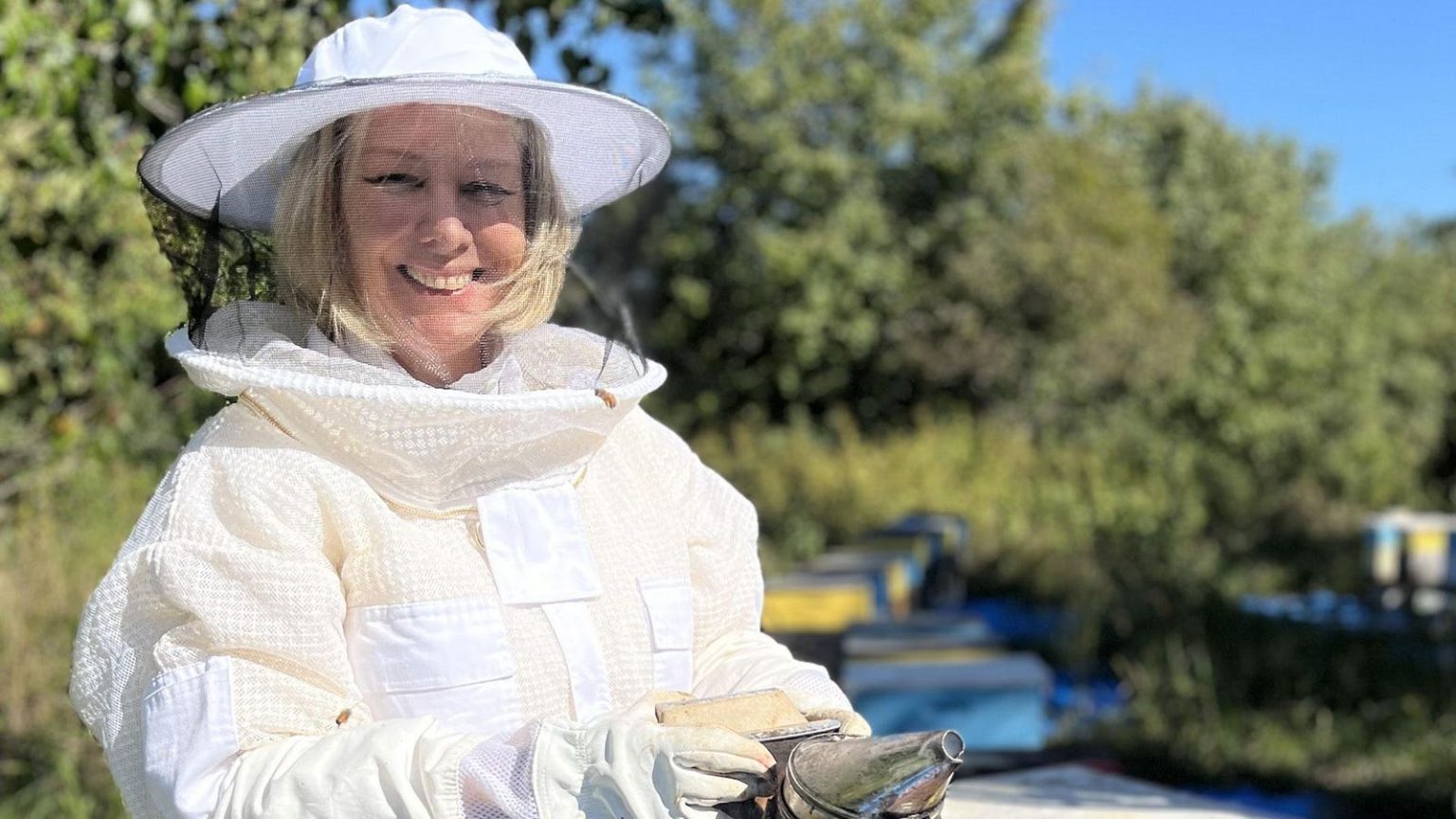Dalan Animal Health, founded in 2018 by Annette Kleiser, is pioneering a groundbreaking approach to safeguarding insect populations: vaccines. The company’s inaugural product, an oral vaccine for honeybees, has garnered approval for use against American Foulbrood, a devastating bacterial disease that can decimate entire colonies. This innovative vaccine targets the queen bee by incorporating it into the royal jelly fed to her by worker bees. The queen’s subsequent offspring inherit immunity, offering a proactive strategy to combat this widespread threat. Kleiser’s vision extends beyond honeybees to encompass a broader mission of protecting invertebrate populations crucial to global ecosystems and food security. Recognizing the alarming decline in insect populations worldwide, she sees this vaccine as a critical first step in addressing a larger ecological crisis.
The importance of honeybees in agriculture cannot be overstated. They are responsible for pollinating a vast array of crops, contributing significantly to global food production. However, honeybee colonies face numerous challenges, with an annual loss rate of 30% to 50% attributed to various factors, including diseases like American Foulbrood, parasitic mites, pesticide exposure, nutritional deficiencies, and the stress of migratory pollination practices. These losses have severe economic ramifications for beekeepers, who face the daunting prospect of rebuilding their colonies year after year. Traditional methods for controlling American Foulbrood, involving the destruction of infected colonies and hives, are drastic and disruptive. Dalan’s vaccine offers a preventative solution, aiming to reduce colony losses and promote healthier bee populations.
The development of the bee vaccine stemmed from Kleiser’s encounter with Dalial Freitak, a biologist and zoologist at the University of Helsinki, who was researching innovative approaches to insect immunity. Freitak’s research explored the possibility of inducing immunity in queen bees by introducing inactivated bacteria. This approach circumvents the traditional vaccine methodology, which relies on antibody production, a mechanism absent in insects. Kleiser, recognizing the potential of this research, partnered with Freitak to develop the bee vaccine, which is administered through the queen’s diet. This novel approach has generated significant interest within the beekeeping community and beyond, with governments worldwide exploring its potential to protect their own bee populations.
While the bee vaccine offers a promising solution, its adoption hinges on demonstrating its economic viability to beekeepers. The cost of $10 per queen represents a significant investment for commercial beekeepers, who manage thousands of colonies. Beekeepers are keen to see tangible benefits that justify the expense, such as increased honey production, improved pollination efficiency, and reduced colony losses. Trials are underway to quantify the vaccine’s impact on colony health and productivity, with researchers monitoring factors like bee density and honey yield. The ultimate success of the vaccine will depend on convincing beekeepers that its benefits outweigh the costs, potentially transforming beekeeping practices and safeguarding this vital agricultural sector.
Dalan’s ambitions extend beyond honeybees, with plans to develop vaccines for other invertebrates, starting with shrimp. The shrimp farming industry, a multi-billion dollar market, also suffers from significant losses due to disease. Current disease management practices rely heavily on chemical treatments, which have detrimental environmental consequences. Given the similarities between the immune systems of bees and shrimp, Dalan believes that its vaccine technology can be adapted to protect shrimp against diseases like white spot syndrome virus. Early trials have shown promising results, with increased survival rates in vaccinated shrimp. This expansion into aquaculture presents a significant opportunity for Dalan to address another critical area of food production facing disease challenges.
The long-term vision for Dalan’s technology encompasses even broader applications, including the potential to vaccinate disease-carrying insects like mosquitoes. As climate change expands the range of vector-borne diseases, the ability to control insect populations through vaccination could become a vital tool for protecting human health. This ambitious goal underscores the transformative potential of Dalan’s technology, which could have far-reaching implications for both food security and global health. The development of insect vaccines represents a paradigm shift in disease management, offering a sustainable and environmentally friendly alternative to traditional methods, with the potential to revolutionize how we protect both insect populations and human health in the face of evolving environmental challenges.

